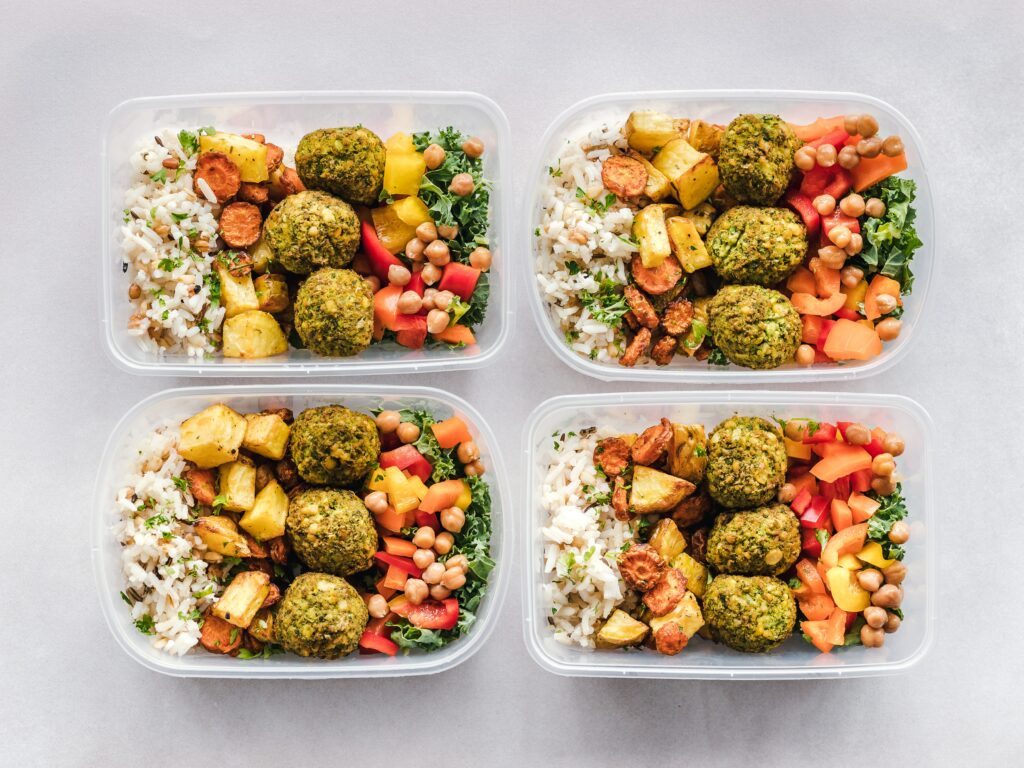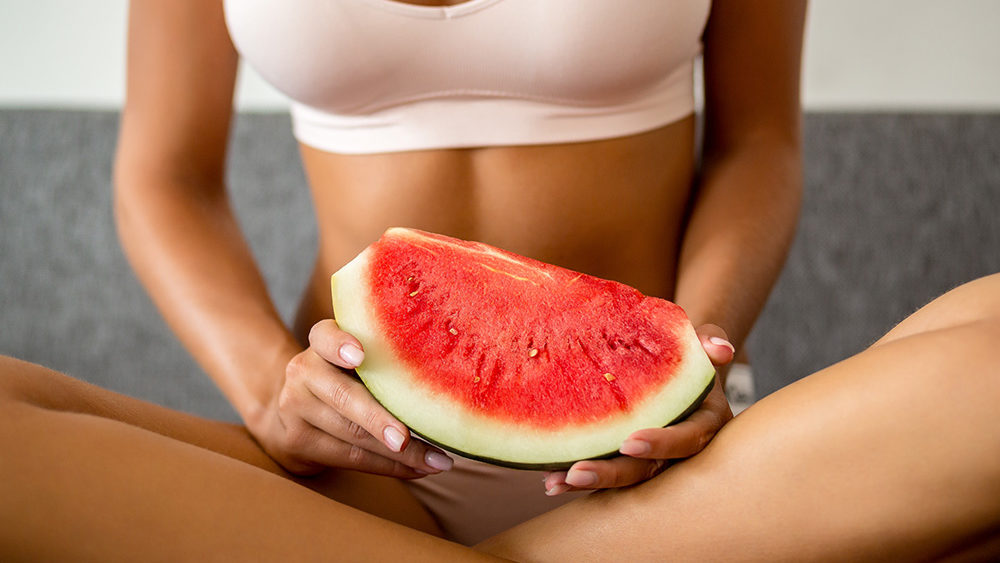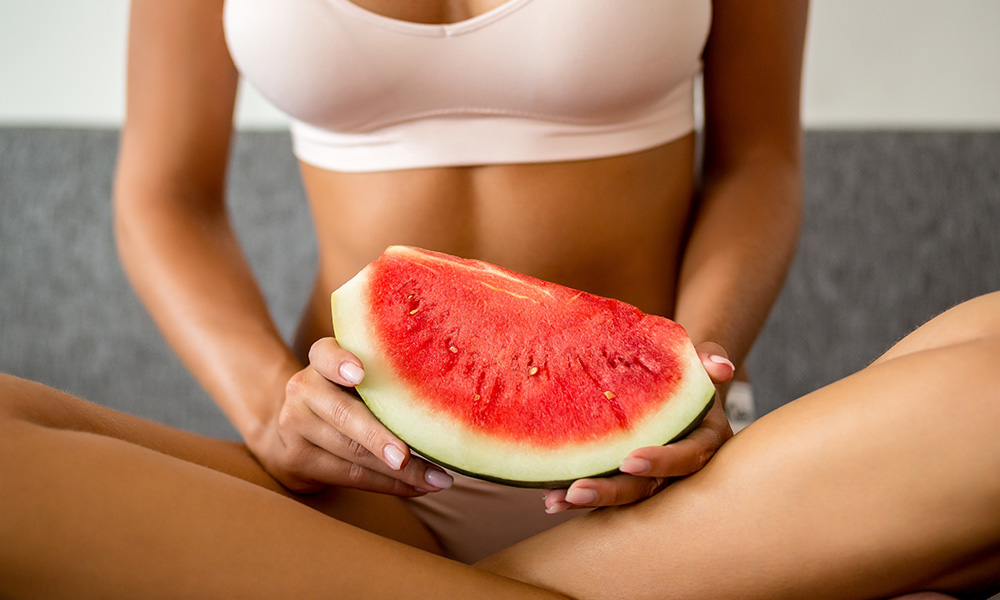Healthy eating is not just a pastime. There are lots of benefits associated with it, and you can’t afford to turn a blind eye to them. I know it can be a tall order. It is in no way easy to adjust your lifestyle as a student when you keep your nose to the grindstone.
But the opportunity cost of not doing it can be too high to absorb. Bad eating habits can lead to obesity, diminished self-confidence, lower self-esteem, worse mood and energy, and specific health issues. What’s more, there is ample evidence pointing to a direct relationship between healthy lifestyles and improved educational outcomes.
Now that you have read so much about the benefits of healthy nutrition, what’s next? Keep reading to find out what steps you should take to make the most of your knowledge.
More water
Research shows we don’t drink enough water. Don’t let your body and mind dehydrate. Lack of water in your system affects your cognitive functions. Water is calorie-free, so increased intake does not increase the risk of weight gain.
Reduce or eliminate alcohol
No matter what you have heard about the benefits of alcohol, most of the articles or blogs must have been a hoax. Longitudinal research efforts clearly show that alcohol is detrimental to your health, irrespective of the volume. The more you drink, the more health risks you take. A glass or two a week seems innocuous; the damage is just proportional to how much you drink.
Perceived benefits associated with temporary relaxation of the nervous system sound true. But they can be easily achieved through alternative means, whether it be sports activities or any of your hobbies.
To relieve the stress associated with your college assignments, get the services of Lets Grade It to complete them. The company employs top-quality professional writers. They have years of experience in writing essays, theses, and term papers to the best academic standards and in line with your college requirements and instructions.

Planning meals and portions
It is important to be deliberate and purposeful about the kind and size of meals you take. If you don’t have a plan, it is easy to give in to the temptation of gobbling down junk food or another piece of cake. Consider dumping your late-night snack. Eating late is a harmful habit because it puts unnecessary stress on your digestive system.
If you want to know more about nutrition and best practices in developing healthy habits, consider taking nutrition courses. Get advice from professional nutritionists. Make a plan and stick to it consistently and persistently.
Consider cooking
It sounds like a daunting idea, but consider cooking yourself. It can be a lot of fun, especially if done together with friends or family members. When you cook, you are absolutely sure about the ingredients. You can control dosage, which is not always possible to do when eating out.
It also gives an opportunity to opt for healthier ingredients. Go for lots of vegetables and control your intake of fats and carbohydrates. Avoid mixing different types of food, such as meat and bread, for instance.
Take cues from your body
There are lots of guidebooks and experts pontificating about healthy eating habits and nutritional plans. However, your body can be the best coach you can hope for. Don’t ignore the signals it sends. If you feel slow, giddy, or down, something must be wrong with your food intake. At least, that’s one of the first things you want to explore. Wrong types of food mess up your metabolism and lower the supposed nutritional value.
Making Your Knowledge Count
Students are a busy lot, but you should not let your tough workload prompt you to develop harmful eating habits. The benefits of healthy eating outweigh the joy of getting unhealthy food. By opting for evidence-based healthy eating habits, you make a lifetime investment in your long-term fitness and well-being.
It is not enough to just read about nutrition. Getting educated is one thing. You must start applying your new knowledge to everyday life. Change is difficult to achieve overnight. Instead, go for incremental progress, set daily and weekly goals, and stick to them. You’ll be remiss to miss the rewards.
***
Diane Sherron is a professional writer with years of experience in advising students on healthy lifestyle choices and opportunities. Her blogs are based on meticulous research and authoritative sources. Diane’s blogs and articles have helped thousands of students make important, life-changing decisions.






























